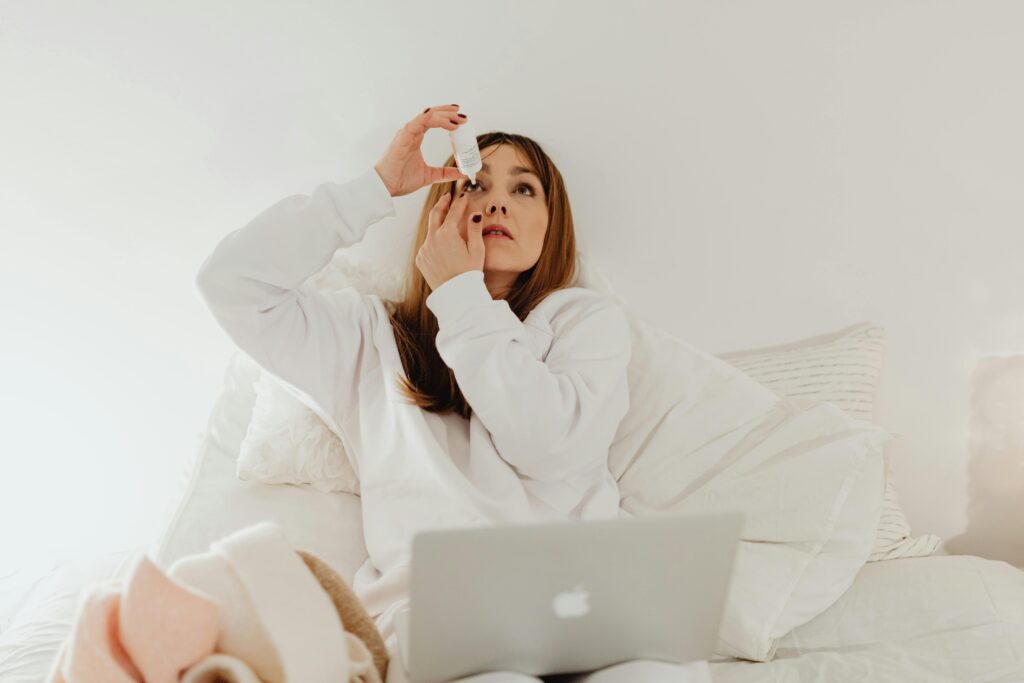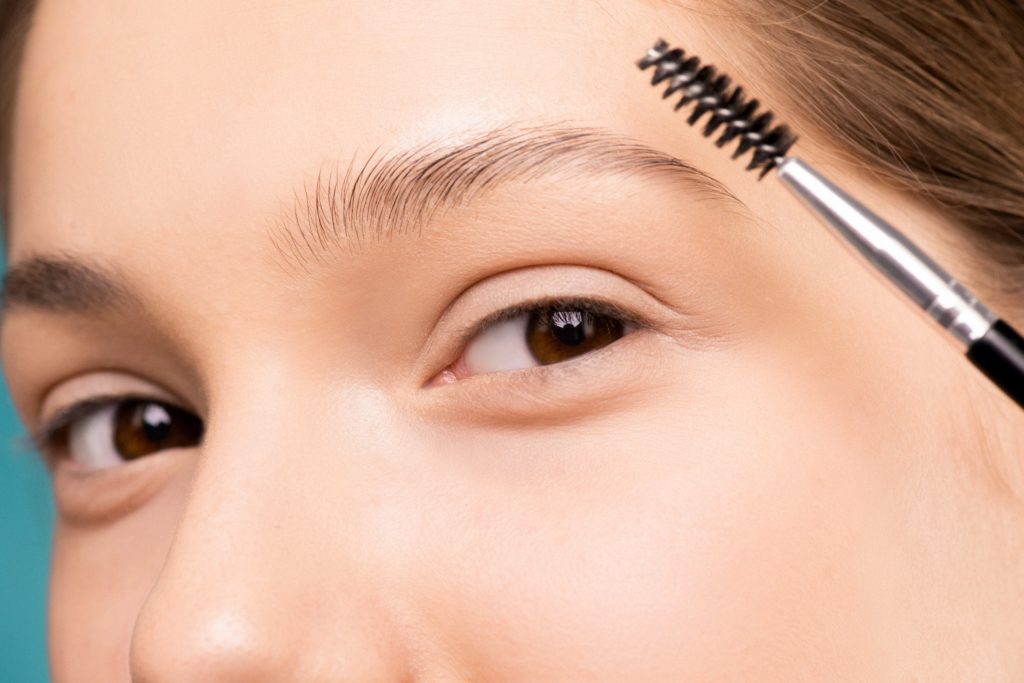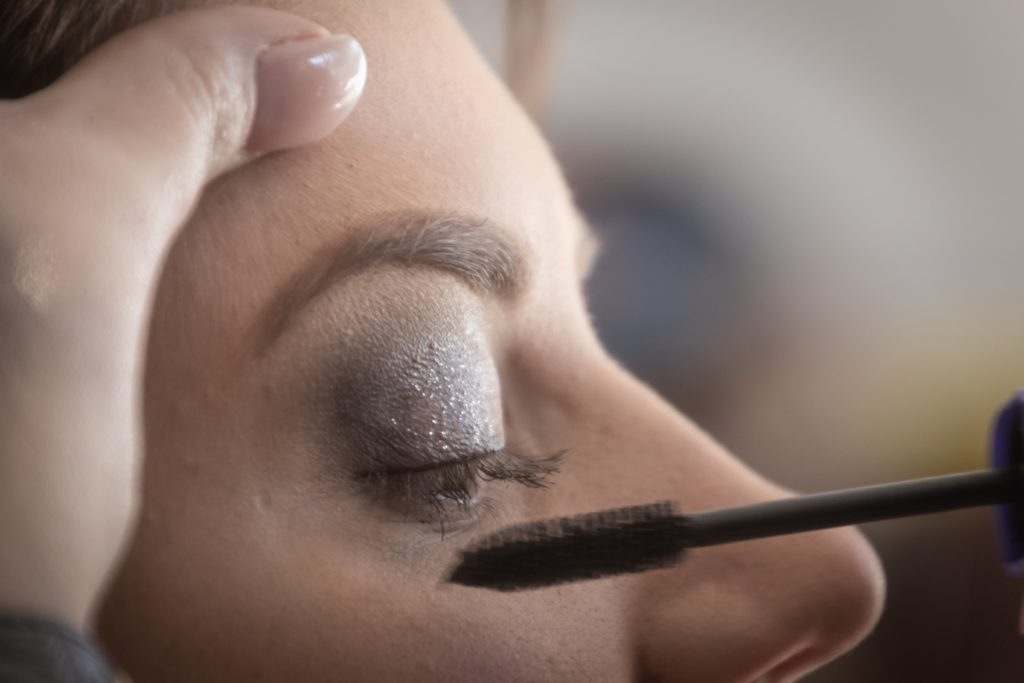Bright, vibrant eyes can enhance your appearance and boost your confidence. Many factors contribute to dull or red eyes, including allergies, fatigue, and environmental stressors. Fortunately, eye drops can be a simple solution to achieve a more radiant look. This article explores the benefits of using eye drops for brighter eyes, how they work, and tips for choosing the right product.
Types of Eye Drops
- Artificial Tears: These are used to lubricate the eyes and provide relief from dryness. They mimic natural tears and can help maintain moisture levels.
- Redness Relievers: These drops contain vasoconstrictors that temporarily reduce blood flow to the eye’s surface, minimizing redness and enhancing brightness.
- Allergy Eye Drops: Formulated to alleviate symptoms caused by allergens, these drops can reduce redness, itching, and watery eyes.
- Prescription Eye Drops: These are used for specific conditions, such as glaucoma or infections. They should only be used under a healthcare provider’s guidance.
Benefits of Using Eye Drops
1. Instant Brightening Effect
Redness reliever eye drops can provide an immediate brightening effect. By constricting blood vessels in the eyes, they reduce the appearance of redness, making your eyes look whiter and brighter almost instantly.
2. Enhanced Hydration
Artificial tears are essential for maintaining eye moisture. Dry eyes can appear dull and tired. Using lubricating drops regularly helps keep your eyes hydrated, enhancing their natural brightness.
3. Relief from Allergies
For those with seasonal or environmental allergies, using allergy eye drops can provide quick relief from irritation and redness. This can help restore the natural brightness of your eyes, allowing you to look and feel your best.
4. Improved Comfort
Dry or irritated eyes can be uncomfortable. Eye drops alleviate discomfort, allowing you to focus on daily activities without distraction. Comfortable eyes naturally appear brighter and more inviting.
5. Protection Against Environmental Stressors
Pollution, smoke, and harsh weather can negatively impact eye health. Eye drops can help flush out irritants and keep your eyes feeling fresh, promoting a clearer, brighter appearance.
6. Preventing Eye Fatigue
Prolonged screen time can lead to eye strain and fatigue. Eye drops can relieve dryness and discomfort, making your eyes look brighter and more awake. Using eye drops into your routine can help maintain a bright-eyed look, even after long hours in front of a screen.
7. Support for Contact Lens Wearers
Contact lens users often experience dryness and irritation. Lubricating eye drops can enhance comfort and moisture, making your eyes appear healthier and brighter throughout the day.
8. Long-term Eye Health
Regular use of appropriate eye drops can contribute to long-term eye health. Keeping your eyes hydrated helps prevent conditions like dry eye syndrome, which can cause discomfort and dullness over time.
Choosing the Right Eye Drops
Selecting the right eye drops is crucial for achieving the desired results. Here are some tips to guide you:
1. Identify Your Needs
Determine whether you need drops for redness relief, hydration, or allergy symptoms. This will help narrow down your options.
2. Read Ingredients
Check the ingredients list to ensure the drops contain beneficial components. For dryness, look for drops with hyaluronic acid or glycerin.
3. Consult a Professional
If you’re unsure which drops to choose, consult an eye care professional. They can recommend products tailored to your specific needs.
4. Avoid Overuse
While eye drops can provide relief, overusing them—especially redness relievers—can lead to dependency. Follow usage instructions and seek professional advice if symptoms persist.
5. Opt for Preservative-Free Options
If you have sensitive eyes, consider preservative-free eye drops. These are gentler on the eyes and reduce the risk of irritation.
Conclusion
Using eye drops can significantly enhance the brightness and health of your eyes. From instant relief for redness to long-term hydration, these products offer various benefits. By choosing the right eye drops and incorporating them into your routine, you can enjoy brighter, more vibrant eyes that reflect your overall well-being.
FAQs
1. How often can I use eye drops for brighter eyes?
You can use eye drops as needed, but avoid overusing redness relievers to prevent dependency. Follow the instructions on the product label.
2. Are there any side effects to using eye drops?
Some people may experience temporary stinging or burning upon application. If you notice persistent discomfort or irritation, consult an eye care professional.
3. Can I use eye drops if I wear contact lenses?
Yes, many eye drops are safe for contact lens wearers. Look for lubricating drops specifically designed for use with lenses.
4. How do I know which eye drops are right for me?
Identify your specific needs—whether for dryness, redness relief, or allergy symptoms—and choose accordingly. Consulting an eye care professional can also help guide your decision.
5. Do eye drops expire?
Yes, eye drops do expire. Check the expiration date on the packaging and discard any expired products.
6. Can I use homemade eye drops for brighter eyes?
Homemade eye drops are not recommended as they may not be sterile or formulated for eye health. It’s best to use commercially prepared eye drops approved for safety and efficacy.



